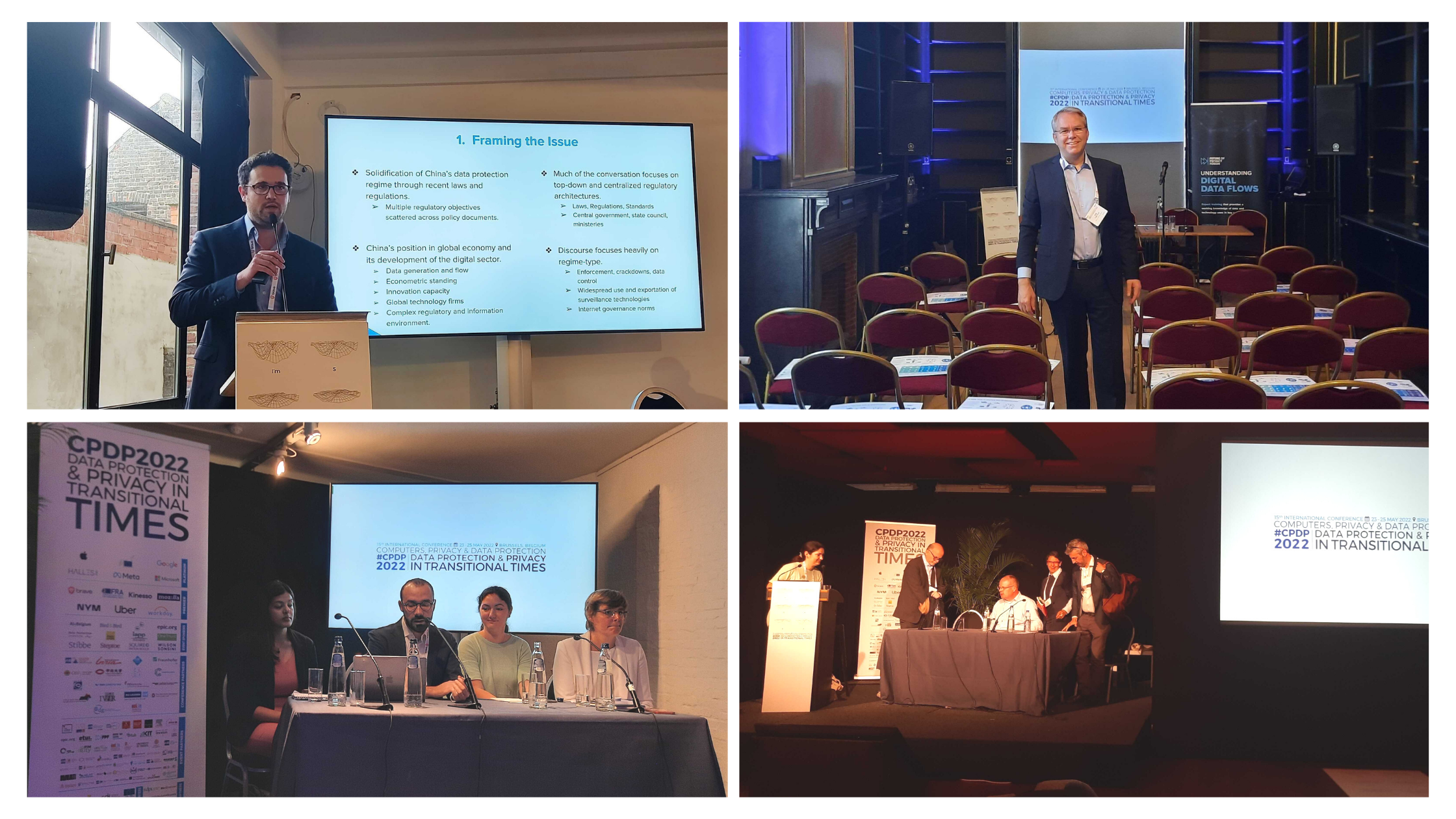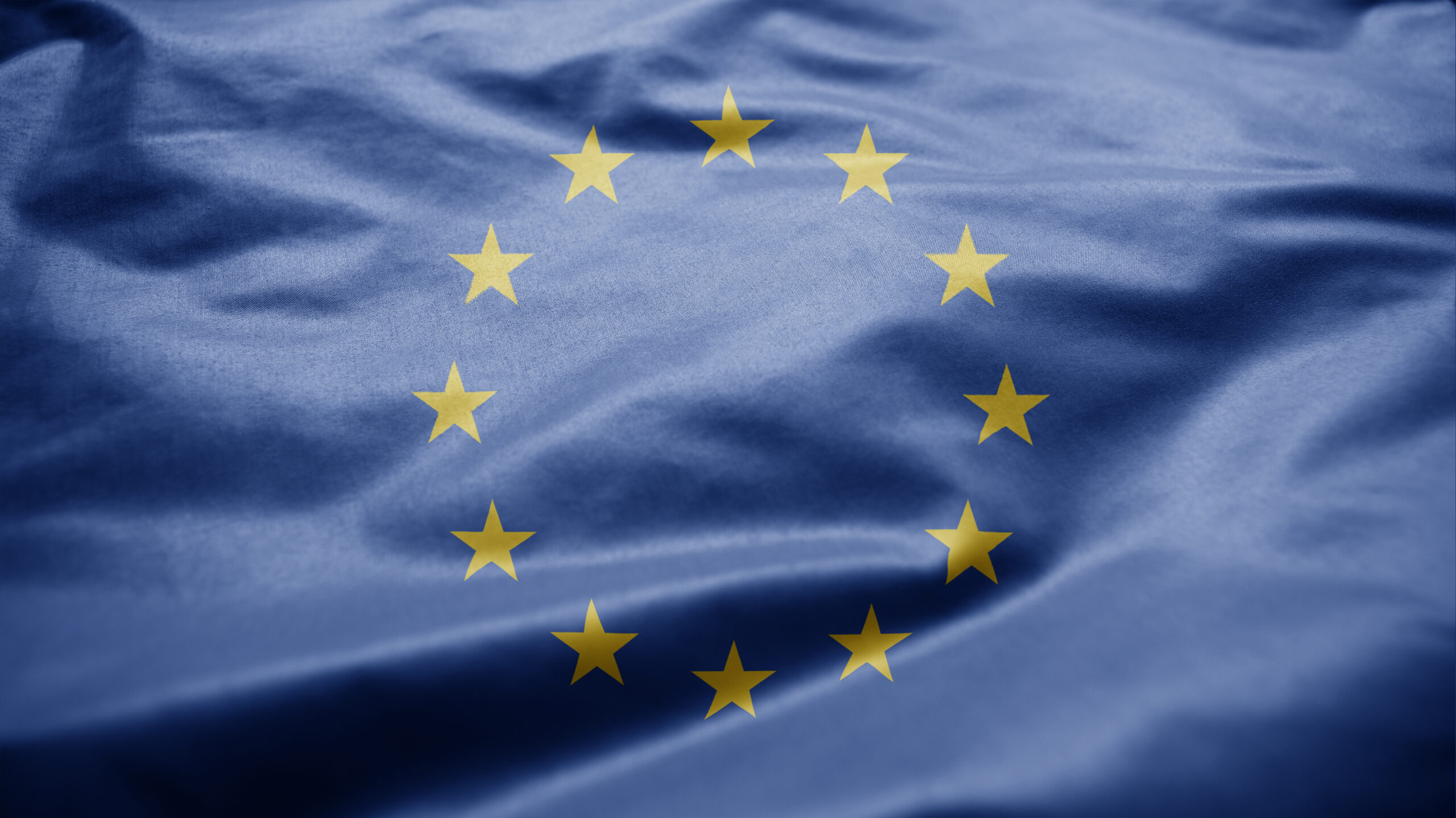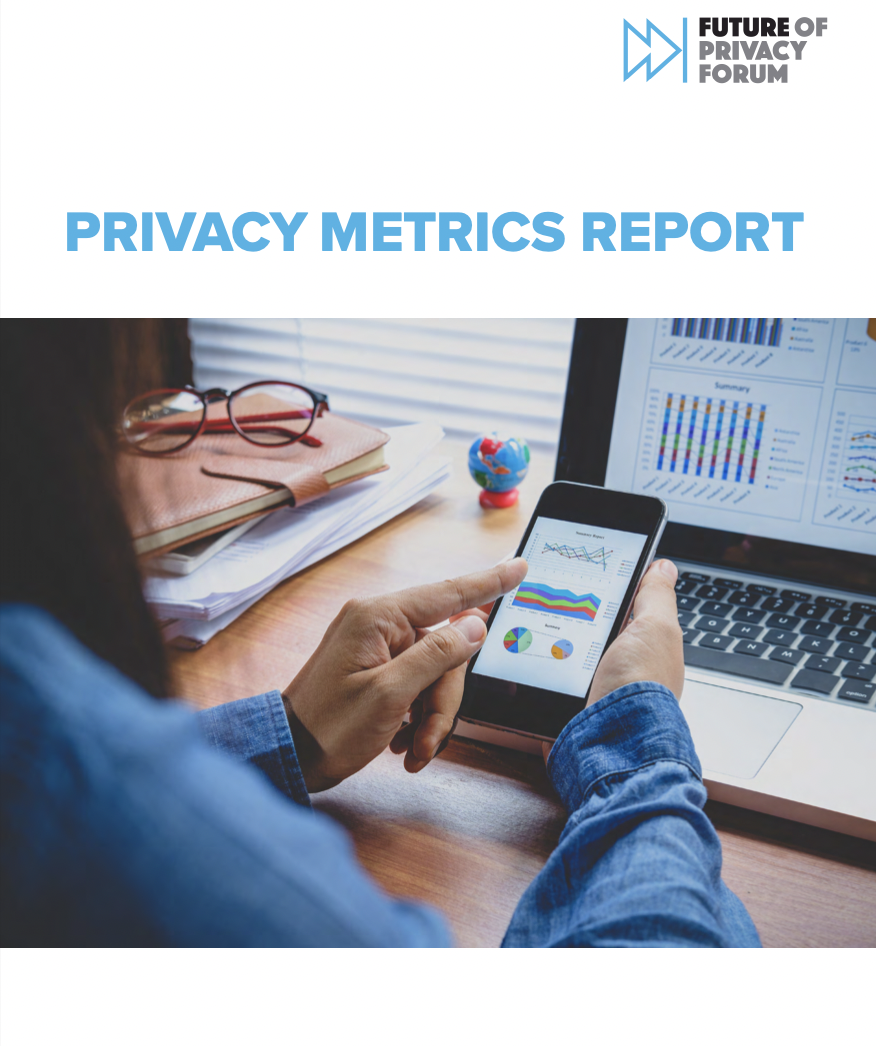
New Report on Limits of “Consent” in New Zealand’s Data Protection Law
Authors: Elizabeth Santhosh and Dominic Paulger Elizabeth Santhosh is a current law student at Singapore Management University and an FPF Global Privacy intern. Introduction Today, the Future of Privacy Forum (FPF) and Asian Business Law Institute (ABLI), as part of their ongoing joint research project: “From Consent-Centric Data Protection Frameworks to Responsible Data Practices and […]

New Report on Limits of “Consent” in Hong Kong’s Data Protection Law
Today, the Future of Privacy Forum (FPF) and Asian Business Law Institute (ABLI) – as part of their ongoing joint research project: “From Consent-Centric Data Protection Frameworks to Responsible Data Practices and Privacy Accountability in Asia Pacific” – are publishing the third in a series of detailed jurisdiction reports on the status of “consent” and […]

Report Outlines Key Privacy Considerations for Video-Based Safety Systems in Vehicles
Despite fewer vehicle miles traveled as a result of the COVID-19 pandemic, an estimated 38,680 individuals died in motor vehicle accidents in 2020 — the largest projected number of fatalities in such accidents in over a decade. Washington, D.C.-based non-profit Future of Privacy Forum (FPF) released a report detailing the data usage and privacy implications […]

FPF at CPDP 2022: Panels and Side Events
As the annual Computers, Privacy and Data Protection (CPDP) conference took place in Brussels between May 23 and 25, several Future of Privacy Forum (FPF) staff took part in different panels and events organized by FPF or other organizations before and during the conference. In this blogpost, we provide an overview of such events, with […]

When is a Biometric No Longer a Biometric?
In October 2021, the White House Office of Science and Technology (OSTP) published a Request for Information (RFI) regarding uses, harms, and recommendations for biometric technologies. Over 130 entities responded to the RFI, including advocacy organizations, scientists, experts in healthcare, lawyers, and technology companies. While most commenters agreed on core concepts of biometric technologies used […]

Diverging fining policies of European DPAs: is there room for coherent enforcement of the GDPR?
The European Union’s (EU) General Data Protection Regulation (GDPR) puts forward a non-exhaustive list of criteria in Article 83 that Data Protection Authorities (DPAs) need to consider when deciding whether to impose administrative fines and in determining their amount in specific cases. Notoriously, the ceiling for administrative fines put forward by the GDPR is high […]

What the Biden Executive Order on Digital Assets Means for Privacy
Author: Dale Rappaneau Dale Rappaneau is a policy intern at the Future of Privacy Forum and a 3L at the University of Maine School of Law. On March 9, the Biden Administration issued an Executive Order on “Ensuring Responsible Developments of Digital Assets” (“the Order”), published together with an explanatory Fact Sheet. The Order states […]

FPF at the 2022 IAPP Global Privacy Summit
Last week, IAPP held its first in-person annual Global Privacy Summit in Washington, DC since 2019! Through expert panels and our expo booth, FPF remained active during this two-day conference, with our CEO Jules Polonetsky holding a conversation with FTC Commissioner Noah Phillips, our data privacy experts speaking and providing their expert analysis at the […]

The ebb and flow of trans-Atlantic data transfers: It’s the geopolitics, stupid!*
The following is a guest post to the FPF blog from Lokke Moerel, Professor of Global ICT Law at Tilburg University and a Dutch Cyber Security Council member. Guest blog posts do not necessarily reflect the views of FPF. 1. Introduction There is a call for a rational debate on trans-Atlantic data transfers. Frustrations increase […]

Measuring Privacy Programs
The risks of falling short on privacy compliance are greater than they have ever been. New laws are going into effect around the world and in the states, enforcement agencies are exercising their authority and media organizations have teams devoted to identifying data protection failures. Legal judgments can run into the billions. And most important, […]
